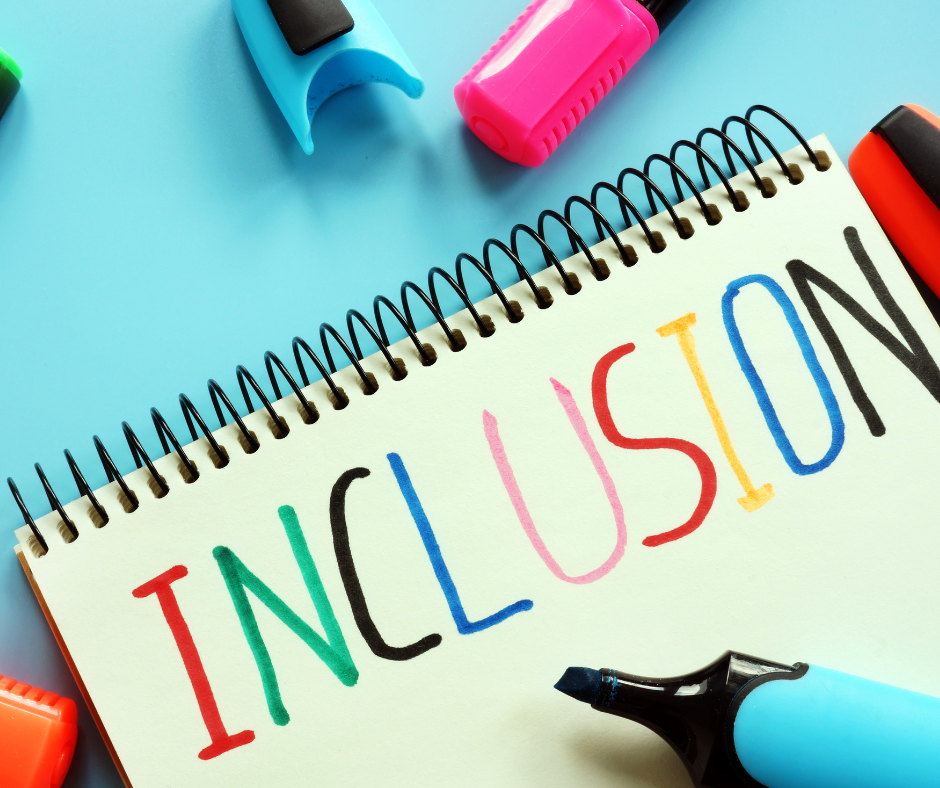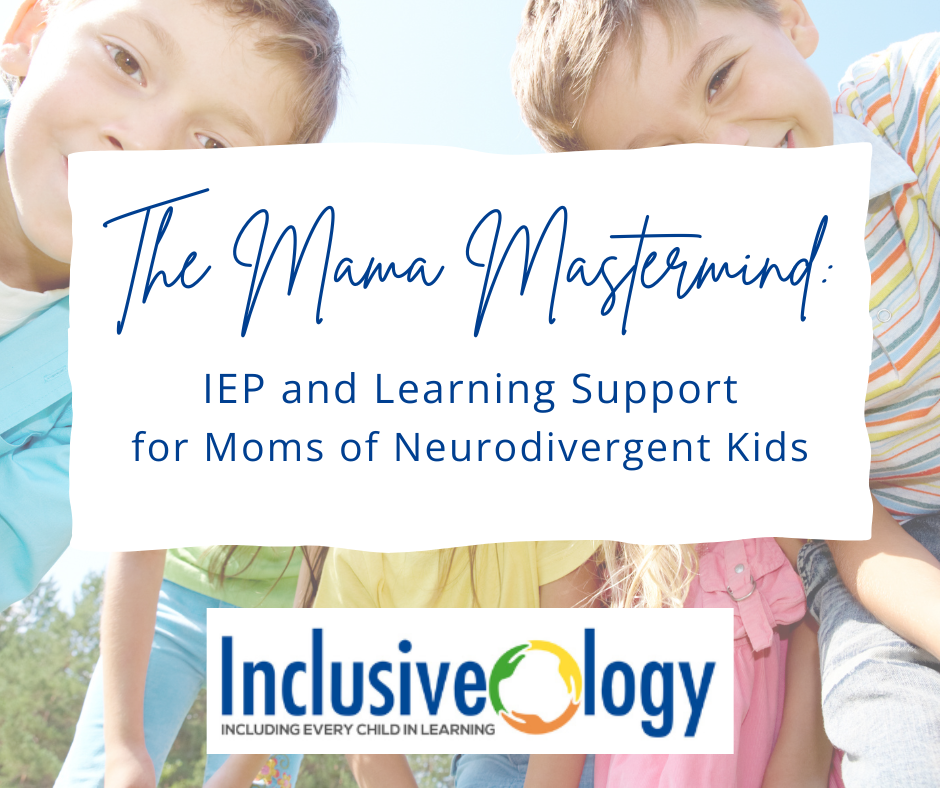Yet Another "Ism": Ableism is a Barrier to Inclusion
- DJ Nicholson

- Sep 19, 2024
- 3 min read

Inclusion and equitable access to education are fundamental principles of a well-rounded society. However, ableism, the discrimination against people with disabilities, continues to persist and negatively impact kids with neurodivergence and other disabilities in schools.
Ableism is another “ism” that needs to be addressed to ensure equity and accessibility in education.
Let’s take a closer look at some of the challenges of ableism and how it affects kids with high support needs. Then, most importantly, take a look at how to begin to shift away from ableist tendencies to success for ALL kids with high expectations, the RIGHT resources, and professional development to support teachers.
Low Expectations
One of the most significant ways ableism affects kids with disabilities in school is through low expectations. Teachers, peers, and even parents may underestimate the capabilities of neurodivergent kids, assuming that their disabilities are limitations rather than simply differences. These low expectations can hinder a kid's academic and personal growth. That sounds so limiting!
Inadequate Support and Resources
Ableism can result in a lack of appropriate support and resources for kids with disabilities. Schools may not provide necessary accommodations, such as assistive technology, supports for independence, or accessible learning materials. This lack of support can lead to frustration and hinder their ability to succeed. Let’s not forget… accommodations and modifications are included in kids’ IEPs for a reason! They’re not optional…
Bullying and Social Isolation
Kids with disabilities are often targets of bullying and social exclusion due to ableism. They may be subjected to hurtful comments, mockery, or physical harm from their peers. This not only affects their emotional well-being but also their desire to attend school and engage in learning. Sadly, passive bullying and isolation can also come from adults.
Limited Participation in Extracurricular Activities
Ableism can restrict kids with disabilities from participating in extracurricular activities, such as sports, clubs, or cultural events. Schools may not make these activities accessible, or they may discourage participation, further isolating these kids from their peers.
Inequitable Assessment and Grading
Ableism can manifest in inequitable assessment and grading practices. Teachers may unknowingly or knowingly give lower grades to kids with disabilities, assuming they cannot perform as well as their peers. This can erode confidence and self-esteem.
Inclusive Education vs. Segregation
Some kids with disabilities are placed in separate, segregated classrooms rather than being included in general education. While the intention may be to provide specialized support, this separation can reinforce stereotypes and isolate kids from their peers without disabilities. And, yes, inclusion is possible with the right supports and knowledge!
Inclusion is not bringing people into what already exists, it is making a new space, a better space for everyone.
~Rachel Olivero, Diversity Officer
So, How Do We Combat Ableism in Schools?
This is the GOOD PART!
To create a more inclusive and equitable educational environment for kids with disabilities, we must:
Raise Awareness: Schools, teachers, and parents should actively educate themselves about ableism and its impact on kids with disabilities.
Advocate for Inclusivity: Push for inclusive education policies that ensure that kids with disabilities have equal access to resources, support, and opportunities.
Promote Empathy: Encourage kids to learn about and empathize with their peers with disabilities, fostering a culture of acceptance and understanding.
Provide Training: Schools can offer training for teachers and staff on how to support kids with disabilities effectively, including creating accessible learning environments.
Encourage Peer Support: Promote peer mentoring and support programs to help kids with disabilities feel included and valued.
Ableism remains a significant obstacle for kids with disabilities in schools. However, by raising awareness, advocating for inclusivity, and fostering empathy and support, we can work together to create a more inclusive educational environment where every kid has the opportunity to thrive and be included in learning!

Inclusiveology supports parents with coaching and advocacy to ensure that their child has the supports necessary to be successfully included in school. When the right supports are in place, kids can access learning , engage more fully, and be more independent.
Not ready to jump right in? Join us here for resources, strategies, and general support.
P.S. We also offer professional development for teachers, too! CLICK HERE
.png)



_edited.png)
Comments